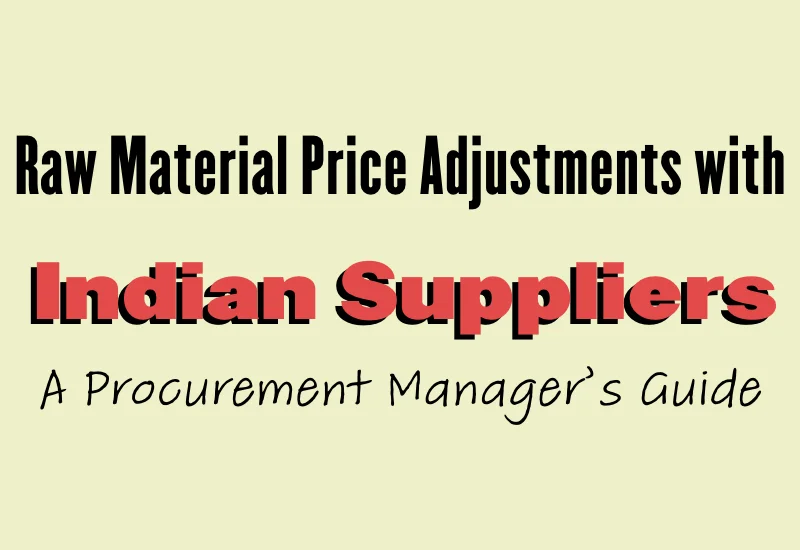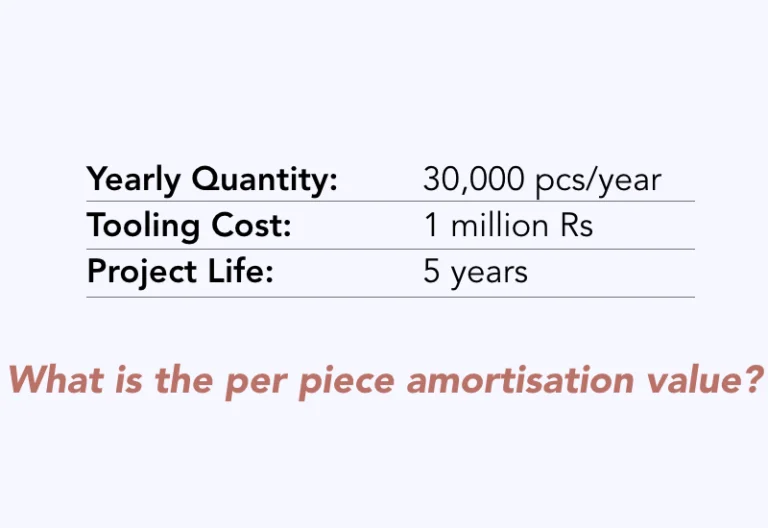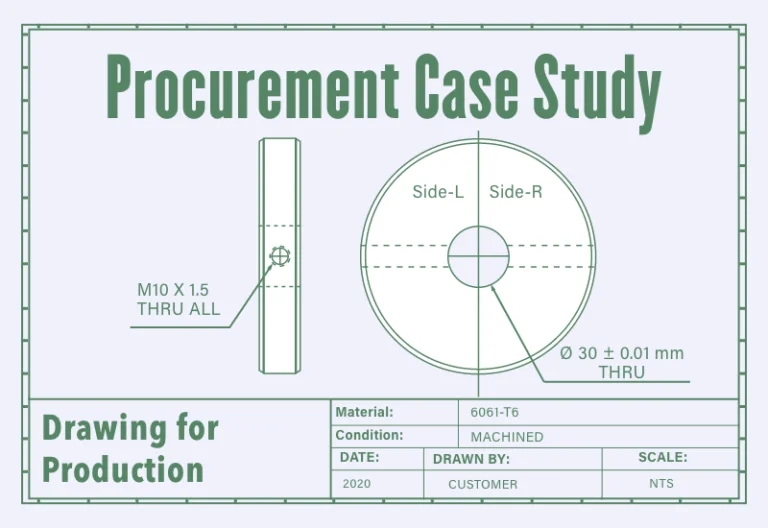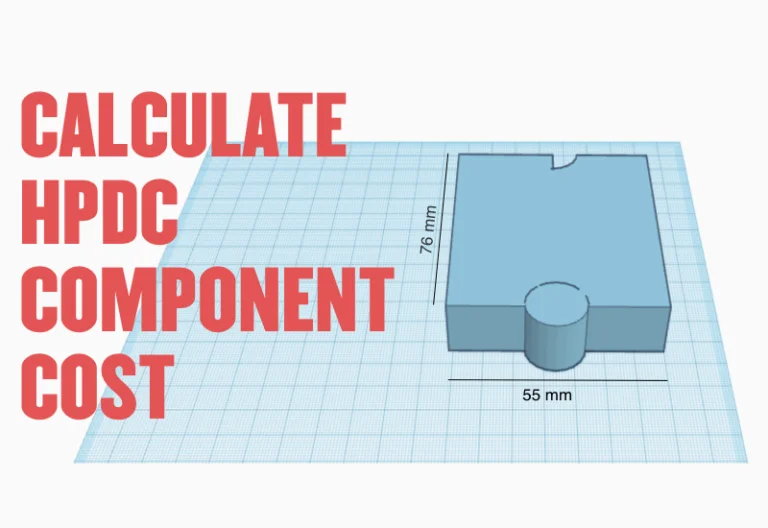
Navigating Raw Material Price Adjustments with Indian Suppliers: A Procurement Manager’s Guide
Navigating Raw Material Price Adjustments with Indian Suppliers: A Procurement Manager’s Guide
Are you facing the challenge of negotiating price adjustments with Indian suppliers? You’re not alone.
Many businesses are navigating this terrain, especially when multiple suppliers have been using the same grade of raw material for over a year.
But now, with global changes in raw material prices, it’s time for a revision.
The question is, how do you approach this delicately to ensure fairness and maintain strong supplier relationships?
Identifying the Right Index
Firstly, consider the index you’ll use to link the raw material prices. Ideally, an international index would be your top choice, offering a broad perspective on pricing trends. However, should your Indian suppliers resist this approach, an Indian index becomes your next best bet.
This decision is crucial, as not all suppliers may agree on the same index due to differences in their buying power.
Understanding Buying Power
Let’s delve deeper into why suppliers may not see eye to eye on a raw material price index. It often comes down to their purchasing capacity. For instance, if one supplier procures thousands of metric tons and another only a few, their negotiation leverage with steel mills varies.
Steel mills, in turn, adjust prices based on the demand and supply equilibrium, further complicating your decision-making process.
A Fair and Simple Solution for Price Adjustments with Indian Suppliers
So, how do you adjust the prices fairly for both suppliers? Here’s a straightforward three-step approach:
- Inquire About Base Prices: Ask each supplier for the base price they considered last year or at the start of your business relationship. This gives you a starting point for adjustments.
- Leverage SIAM Data: The Society of Indian Automobile Manufacturers (SIAM) publishes monthly raw material data. There are other index also, you may refer anyone. Use this information wisely. For example, if SIAM data indicates a move from Rs 63/Kg to Rs 68/Kg, you’ve got a measurable delta for negotiation.
- Propose a Fair Adjustment: With this data, proposing a Rs 5/Kg increase to both suppliers as a fair adjustment becomes a well-informed decision.
This approach not only ensures fairness but also helps in maintaining a positive and transparent relationship with your suppliers.
Let’s Connect
Adjusting prices with suppliers doesn’t have to be a daunting task. With the right strategies, you can navigate these negotiations smoothly and effectively. Have you found yourself in a similar situation? Are you looking to refine your approach to supplier negotiations?
I’ve assisted businesses across the USA, UK, France, Sweden, Australia, and Germany in sourcing from India, ensuring they achieve fair and beneficial agreements. If you’re looking for insights or guidance on managing your supplier relationships and price adjustments, let’s connect. Your success in sourcing from India is just a conversation away.
Email me: info@apogeesourcing.com
Know the Writer












